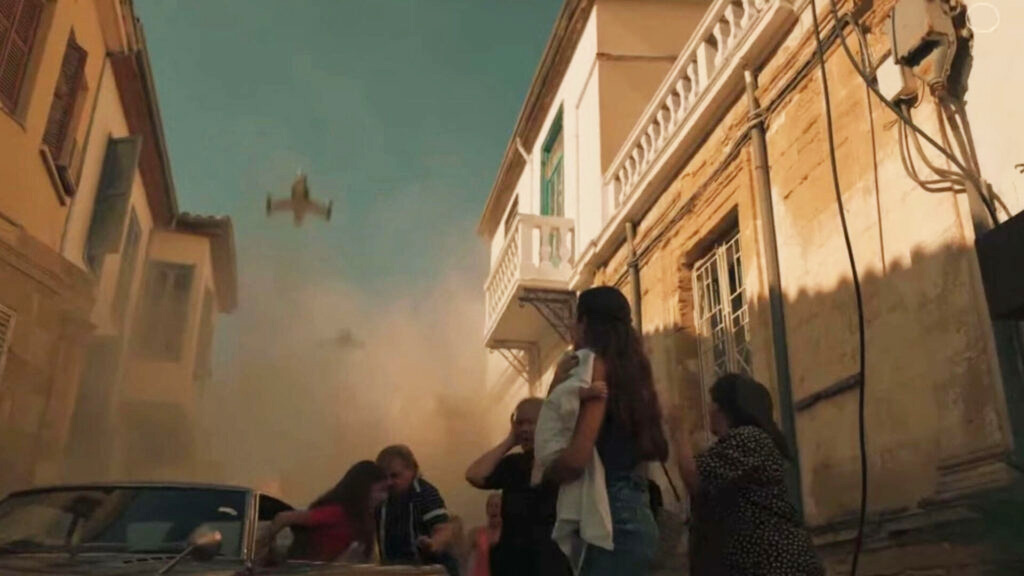The streaming platform Netflix’s decision to air the series Famagusta led to a spat between Turkey and Greece on Monday, with high-ranking government figures from both countries expressing their views.
Turkish Vice President Cevdet Yilmaz took to X, saying, “digital broadcasting platforms must not be used as tools for Greek Cypriot propaganda.”
He turned his attention to Eoka, saying the group had “attempted a coup d’état with dreams of Enosis, and massacred Turkish Cypriots, children and the elderly, indiscriminately.
“That was not a movie, it was real. The traces of this cruelty are still visible today,” he said.
Meanwhile, Turkey’s foreign ministry issued a statement, describing the series as “dark propaganda” which “distorted historical facts”.
“The series constitutes a great disrespect to the precious memories of the Turkish Cypriots who were massacred by bloodthirsty Greek Cypriot gangs between 1963 and 1974,” it said, adding the series was a “futile attempt to present the facts differently than they are”.
Greek Foreign Minister Giorgos Gerapetritis swiftly weighed in.
“The Turkish invasion of Cyprus is an issue which is not open to multiple interpretations. History has recorded it,” he said, adding that history cannot be written away or erased.
Meanwhile President Nikos Christodoulides said that those reacting negatively to it “have obviously not watched it”.
“Apart from recording the truth, no one can question the Turkish invasion in 1974. [The series] also sends very important messages for those who happened to watch it. I watched it. It sends messages about the need to resolve the Cyprus problem and about relations between Greek Cypriots and Turkish Cypriots,” he said.
The show, which has already been shown in Cyprus, will land on Netflix on September 20
The series depicts events of the 1974 Turkish invasion, and its second leg, where people fled Varosha. The dramatic retelling is coupled with a story of a woman trying to flee with a baby in her arms as the invasion was in full swing.
But she falls down and is knocked out. When she wakes up, her baby has been taken.
Fifty years later, she and her husband are still trying to find their lost child.
The comments from Turkey come after Turkish Cypriot leader Ersin Tatar had expressed his disquiet at the series, saying, “the Cyprus issue never started in 1974” and that Turkey’s actions on the island in that year “saved the Turkish Cypriots from genocide”.
He also called for Turkish Cypriots to “make a different series to tell our own story”, and added “in return, we have to show the truth of the matter with a counter series”.
Such a series had been created in 2021, when Turkish public broadcaster TRT aired a show first called Bir Zamanlar Kibris (Once Upon a Time in Cyprus) and then Kibris: Zafere Dogru (Cyprus: Towards Victory).
That series had depicted events on the island between 1963 and 1974 but was not universally well received.
Newspaper Halkin Sesi, which was founded by Cyprus’ first Vice President Fazil Kucuk, described the series as “disrespectful towards our leader and historical facts”, while Kucuk’s son Mehmet Kucuk said his father was “virtually ignored” in the series.
“[Kucuk] is presented as a secondary or tertiary character, as a vague character,” he added.
The late Turkish Cypriot leader Rauf Denktash’s daughter Ender Denktash Vangol also criticised the series.







Click here to change your cookie preferences